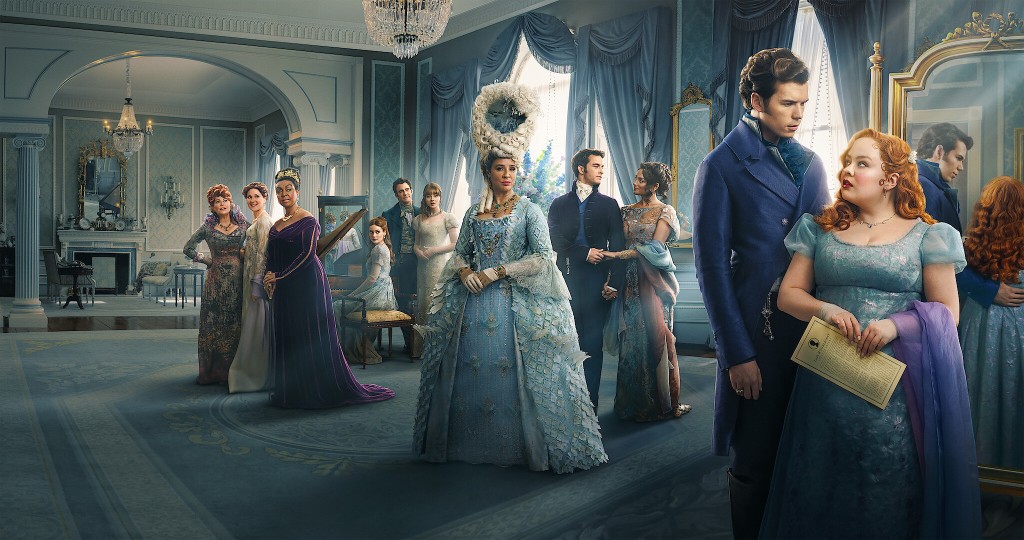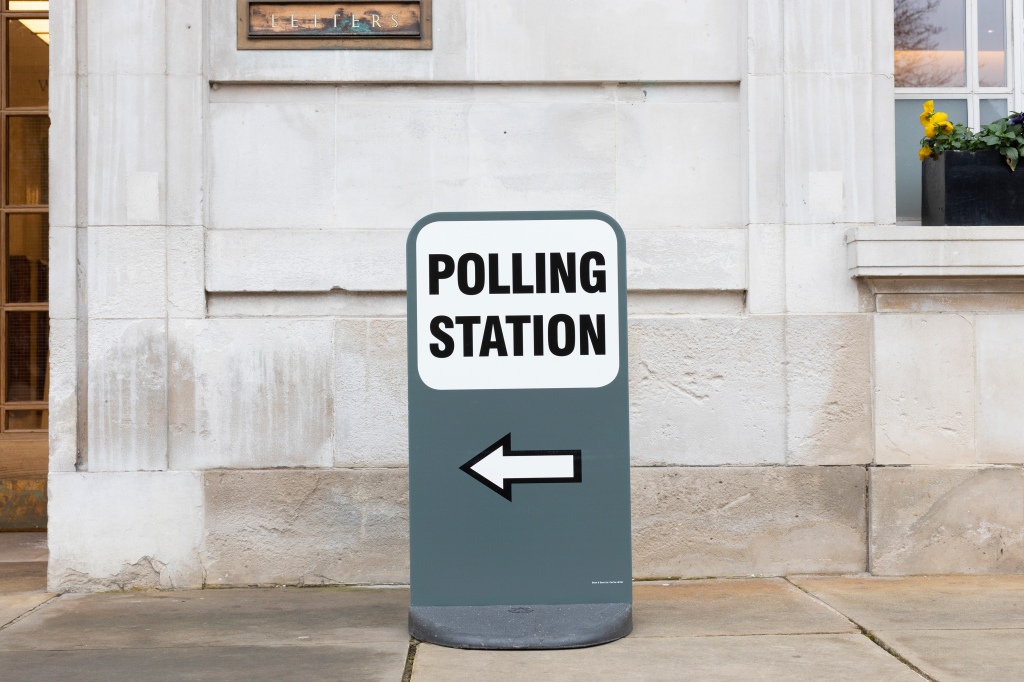There has been quite a bit of a fuss recently in the media about the amount of money generated for the UK economy by the Netflix TV show Bridgerton. There’s been even more of a hoo-ha about the estimated financial impact of Taylor Swift’s Eras tour based on a pretty limited survey by a bank. The impact of the Bridgerton bounce and ‘Swiftonomics’ on the UK economy though seems to me to be vastly overstated compared to the ongoing contribution of universities to the country’s financial wellbeing.
Don’t get me wrong, I can understand Bridgerton’s popularity and also am impressed by quite a few Taylor Swift songs. But I am completely bemused at the coverage of the claimed financial contribution of both set against the MASSIVE impact of higher education on the UK.
As recently reported by the Guardian, the “Bridgerton effect” has inspired not only clothing and interiors trends but has popularised visiting stately homes. And:
Now Netflix has put a big number on the worth of what it calls the “Bridgerton universe”, suggesting the period romp produced by the company Shondaland has given a £275m shot in the arm to the UK’s ailing economy over the past five years.
Indeed, in a move that served to underscore the franchise’s bankability, Shonda Rhimes– the chief executive of Shondaland and the veteran producer behind hits such as Grey’s Anatomy – made a cameo in London’s financial centre on Friday, opening trading at the London Stock Exchange.
While the TV show, now into its third series, may offer escapism, Rhimes suggested its cultural impact was not to be underestimated.
“The Bridgerton universe occupies a special space in culture, resonating with young and old alike, creating conversation, starting trends and influencing everything from baby names to weddings,” she said.
“The shows have had a seismic impact on the UK economy, boosting it by a quarter of a billion pounds over the last five years and supporting thousands of jobs and businesses.”

Crumbs from the Table
But I am still pretty flummoxed by the coverage of this. Not just because the £275m over five years (ie £55m a year) represents just a few crumbs from the table of the behemoth streaming corporation (turnover $33.7B in 2023) but really because this sum is so small compared with the enormous contribution made to the UK’s economy each year by higher education which seems to attract little or no interest or media coverage.
Moreover, given the kicking which universities have been getting over recent years from government for their provision of ‘rip off degrees’ and apparent stifling of free speech you would be forgiven for thinking they are a drain on the public purse rather than a critical contributor to national economic success. In fact the contribution made, in economic terms, by UKHE to the country completely overshadows the tiny offering from the Bridgerton crew.
HE delivers
As reported by UUK, based on research by London Economics:
- Universities support more than three quarters of a million jobs (768,000), of which nearly half (382,500), are indirect, employed by local businesses such as restaurants and retailers who benefit from the economic stimulus universities create.
- Higher education makes a £130 billion contribution to the UK economy.
- There is a huge economic benefit to a variety of sectors across the UK including; government, health and education which has an economic output of £52.8 billion and supports 444,244 jobs.
It’s not a lot really
Bridgerton’s £55m a year represents around 0.04% of this sum. The Bridgerton contribution would look pretty modest alongside the impact of even one of our smallest universities.
Put it another way, comparing the total UKHE contribution to the Bridgerton £55m is like setting the GDP of the USA ($25.5 Trillion) against that of Mauritania ($10.7 Billion). Alternatively, it’s like comparing the population of London (8.98 million) to that of Bakewell, Frinton on Sea or Bowness on Windermere (all around 3,800) or even the achievements of Manchester City with your local primary school team. OK, pretty frivolous comparisons but anyway, you get the idea. This does rather suggest that the impact of Bridgerton then is very far from ‘seismic.’
Turning to Ms Swift then, there is an even bigger claim about the economic impact of her Eras tour, although the Guardian does cast some doubt on the calculations by Barclays:

She is not the first music star credited with creating economic ripples: when Beyoncé toured Sweden last year she was blamed for an unexpected blip in inflation, as the price of hotels and restaurant meals temporarily rocketed.
Swift does seem to be in a league of her own when it comes to economic pulling power, with recent estimates suggesting she rakes in $17m (£13.5m) in ticket sales for every gig, against $10m (£7.9m) for Beyoncé or the Rolling Stones, for example.
The Barclays analysts’ spending estimates were based on a survey of 200 people about their plans – some of whom had not yet secured Swift tickets but hoped to do so. At the very least that suggests not much weight should be put on those figures.
Even if the £1bn could be taken at face value, some economists are sceptical about whether Swift will really be a one woman economic boon for the UK economy – not least as, however much she spends on private jet landing fees, she is likely to take much of the tour revenue back home with her. “We think the idea has been overhyped, especially for economies like the UK,” says George Moran, European economist at Nomura.
He points out that splashing the cash on seeing Swift live is not a net boost to the economy, if her super-loyal fans are squeezing spending on other things to afford their night out.
Possibly somewhat overhyped then and perhaps Taylor’s 15 nights of concerts may not quite deliver the economic impact the Swifteconomists at Barclays initially suggested.
Don’t forget the universities
So higher education contributes massively to the UK economy. Indeed it is part of our national failure that not only do we not recognise and value the key role universities have in our economic, cultural and everyday life nor the part they need to play in securing a successful future for the country but we have parts of our society which actively deride the achievements and seek to belittle, undermine and diminish for political advantage. It’s enormously dispiriting but hey, Bridgerton.
We all need some entertainment though in these gloomy days and whilst you do need the privilege of access to a Netflix account rather than a Sky dish to see Bridgerton it is hard not to be carried along by the sense of fun and intrigue and the knowing alternative take on Victorian England. So we should perhaps not begrudge the successful promotion of this kind of entertainment. At least it is not at the expense of HE.
No Higher Ed, No Bridgerton (or Eras)
But on reflecting further it is perhaps not to much of an exaggeration to suggest that were it not for the success of UK higher education then not only would all that Bridgerton money not have flowed into the UK economy but the programme would not have been made at all.
From the cast, to the crew, to all of those associated with the creative and operations work etc etc
Large numbers products of our universities and come together in this unique combination to deliver this TV programme thanks in part to higher education. And a large number of them will have studied the kind of ‘low quality’ degrees so often lambasted by our government. Some of them will also have come from overseas…
Similarly, many of those involved in preparing, running and supporting the Eras tour will have benefited from higher education in the UK and elsewhere.
So, our universities do remain vital to UK economic success and national prosperity as well as our cultural life. And we should all be grateful for the period shenanigans of Bridgerton and cod Swiftonomics for helping to remind us just how important and valuable higher education really is.




Leave a comment